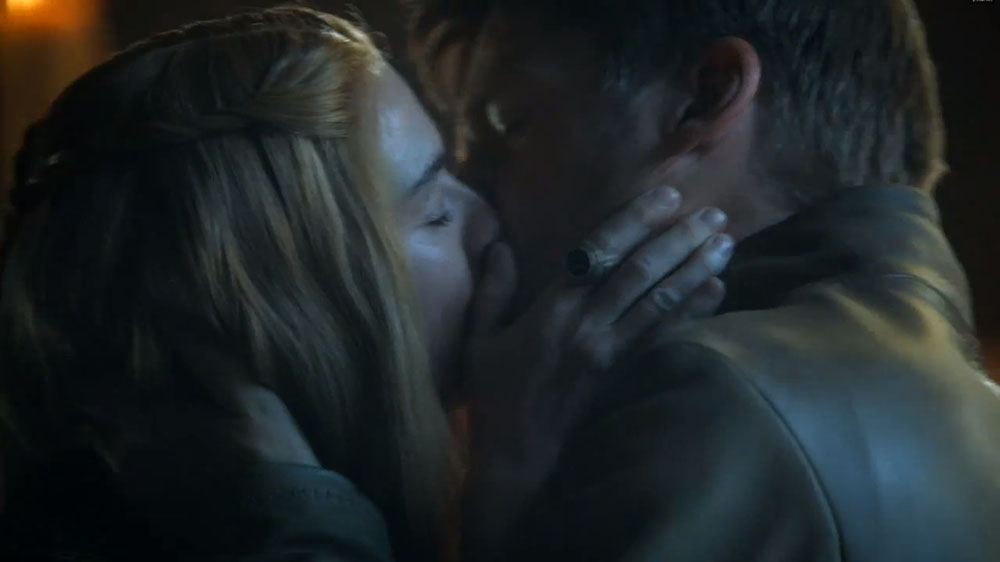Warning: Spoilers for the latest “Game of Thrones” episode are ahead.
“Game of Thrones” suffers from “the butterfly effect.” (Not to be confused with the film, “The Butterfly Effect,” though perhaps there’s a think-piece lurking there, too.) Author George R.R. Martin, writer of the novels that “Thrones” is based on, has discussed this phenomenon from time to time — that when the show deviates from the source material, even the tiniest change can cause a great ripple effect.

Case in point: “Breaker of Chains,” the latest episode of “Thrones,” and its depiction of Jaime raping Cersei in front of the corpse of their oldest son. Not even two full days since the episode aired, this scene stands out as one of the show’s most debated and controversial changes from the books, with questions arising over the director’s view of the scene, how it damages Jaime’s supposed redemption arc (bearing in mind that this is a man who crippled a nine-year-old boy in the series premiere; there’s only so much redemption to go around), and more.
It’s also an instance of the Martin-labeled “butterfly effect.” In a blog post, the writer explained:
“In the novels, Jaime is not present at Joffrey’s death, and indeed, Cersei has been fearful that he is dead himself, that she has lost both the son and the father/lover/brother. And then suddenly Jaime is there before her. Maimed and changed, but Jaime nonetheless. Though the time and place is wildly inappropriate and Cersei is fearful of discovery, she is as hungry for him as he is for her.”
“The whole dynamic is different in the show, where Jaime has been back for weeks at the least, maybe longer, and he and Cersei have been in each other’s company on numerous occasions, often quarreling. The setting is the same, but neither character is in the same place as in the books, which may be why Dan & David played the sept out differently. But that’s just my surmise; we never discussed this scene, to the best of my recollection.”

Martin’s viewpoint is an interesting and important one, but not the end-all be-all verdict on the matter. Yes, he’s the author of the novels, but he’s but one voice on the show. There are other forces at play, from show-runners and writers David Benioff and D.B. Weiss to the episode’s director Alex Graves and beyond. Also in play: the viewer, who has to judge what was on the screen, and the subsequent on-screen fallout, on its own merits.
“The scene was always intended to be disturbing,” wrote Martin, “but I do regret if it has disturbed people for the wrong reasons.”
What’s your take on the controversial Jaime-Cersei scene?
![]()


No Comments